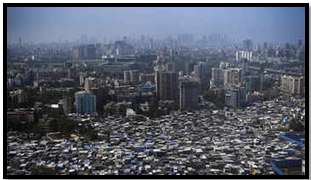MINORITIES RIGHT TO OPEN INSTITUTIONS NOT FOR GHETTOIZATION
Why in the News?
- The Supreme Court stated that Article 30(1) of the Constitution, which allows minorities to establish and administer educational institutions, is not for creating ghettos.
Source: TOI
About News
- Chief Justice of India D.Y. Chandrachud clarified that the minority status of an institution isn’t lost if its founders, from a minority community, choose administrators from other communities, including the majority.
- This observation was made during a hearing by a seven-judge bench regarding the status of Aligarh Muslim University (AMU).
- The Chief Justice emphasized that Article 30 does not mandate that only members of the minority community can administer such institutions.
- Article 30 gives minorities the discretion to select their institution’s administrators, as pointed out by the Chief Justice.
- Senior advocate Kapil Sibal, representing the AMU Old Boys’ Association, argued that the minority status of an institution should be determined by its origin.
- The Centre, in its written submissions, argued that AMU, founded in 1875, should not be considered a minority institution due to its “national character.”
Ghettoization in India
- Ghettoization in Indian urban areas is noticeable, where minority communities concentrate due to socio-economic and cultural factors.
- Socio-economic segregation results, limiting resources, opportunities, and integration for those in these communities.
- Communal tensions contribute to ghettoisation, as safety in numbers is sought due to fear of communal violence.
- Living conditions in ghettoized areas often suffer, with limited access to quality education, healthcare, and employment.
- Discriminatory housing policies and societal biases reinforce ghettoisation by hindering minority groups from accessing certain areas.

 Source: TOI
Source: TOI

